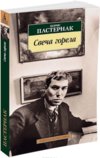
-
 Anglický jazyk
Anglický jazyk
Nothing is being suppressed
Autor: Andrew Duncan
This book is a pioneering attempt to roll back misrepresentation and depersonalisation and recover one of the most high-achieving eras of British poetry. The '70s saw the collapse of the post-war settlement amid apparently insoluble problems over inflation... Viac o knihe
Na objednávku, dodanie 2-4 týždne
24.46 €
bežná cena: 27.80 €
O knihe
This book is a pioneering attempt to roll back misrepresentation and depersonalisation and recover one of the most high-achieving eras of British poetry. The '70s saw the collapse of the post-war settlement amid apparently insoluble problems over inflation and profitability. Consensus broke down and a lot of things that people remember about the 1970s didn't actually happen. The outcome for poetry was a radical attempt to write down ideas about a different society and personal lifestyle, but also a polarised climate in which one faction tried to erase others from the record. Right-wing historians like to write about the period as an error in which all trajectories led inevitably to the rise of Thatcherism and that rise corrected the error. But it is equally valid to be fascinated by the other social possibilities and to appreciate art for its imaginary paths that were not followed. Is it not true that the '70s saw styles of good poetry (maybe bad poetry too?) which have been lost to memory ever since?? The role of the implicit was destabilised in the '70s, and we are trying to recover what was shared but unstated. A list of 100 long poems suggests the direction that poetry went in, and that the idea of extension and exploration was to mend social memory and restore a shared language. Right and Left felt equally threatened and in need of reciting ideological primal scenes. Most of the text is about the long poems, following them as they attempt to reframe seized-up arguments. A larger rhythm, a deeper scan. A wider range of voices. Returning to the unenclosed field where myth, law, and sociology are still tentative and unstable. In doing so, it dredges up unrecorded layers of a buried time. It reveals how Iain Sinclair's Suicide Bridge develops a circular theory of time from up to the minute theories about faster than light particles and the end of black holes. This is not the only deviant theory of Time floating around. We find that "the dream is over", but why is it that this key moment has been variously located from the death of Stalin to the break-up of Pink Floyd? Repeated bulletins announcing the decease of the counter-culture, squatland, and hippies hearing secret harmonies, just showed that those features were here to stay. Elsewhere, the narrative records that malice and distorted reporting of someone else's speech and conduct are actually part of the social structure and not something fleeting and forgettable. It also offers tuition in the correct use of the phrase "it's cosmic man" as part of gracious living. Featured poets include Jack Beeching, Euros Bowen, Paul Brown, Andrew Crozier, Paul Evans, Allen Fisher, Roy Fisher, Eddie Flintoff, Ulli Freer, W.S. Graham, Harry Guest, Ralph Hawkins, Frances Horovitz, Nicki Jackowska, Philip Jenkins, David Jones, Antony Lopez, George MacBeth, Sorley MacLean, Rod Mengham, Edwin Morgan, Eric Mottram, J. H. Prynne, Kathleen Raine, Jeremy Reed, Colin Simms, Iain Sinclair, Iain Crichton Smith, Ken Smith, Martin Thom, Gael Turnbull, John Wain.
- Vydavateľstvo: Shearsman Books
- Rok vydania: 2022
- Formát: Paperback
- Rozmer: 229 x 152 mm
- Jazyk: Anglický jazyk
- ISBN: 9781848617490

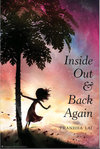
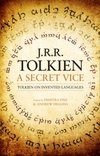

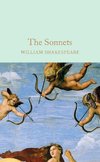

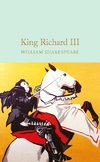

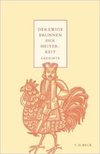
 Nemecký jazyk
Nemecký jazyk 
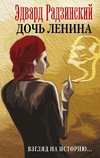
 Ruský jazyk
Ruský jazyk 